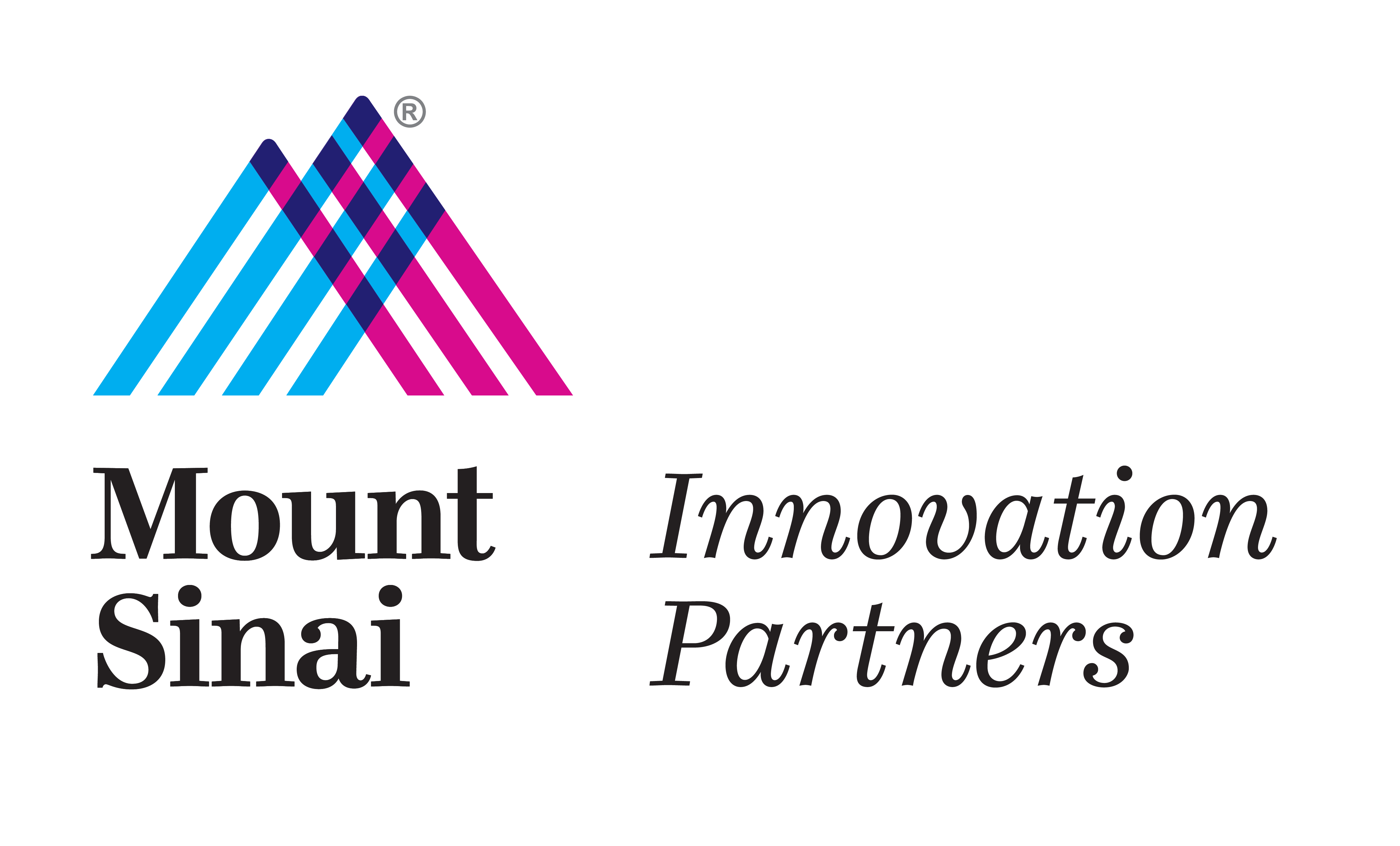The new tests can open a window into the duration of immunity and to the antibody levels needed to sustain it. But first, a universal standard is needed to ensure results are comparable between tests.
The next generation of antibody testing for Covid-19 is beginning to take shape.
Initial tests determined whether someone had or did not have antibodies to the virus’s signature spike protein. A new crop promises to quantify the antibodies, an advance that could be crucial as researchers seek to understand longer-term immunity from the virus, whether acquired through vaccines or natural infection. But that is not the only question out there.
“There’s still a lot to be learned,” said Michael Haydock, a senior director at Informa Pharma Intelligence in London.
For example, he said, researchers don’t know if there is a threshold number of antibodies a person needs to maintain immunity, Haydock said. Quantitative tests could help pinpoint a threshold and track whether antibodies fall below it, potentially necessitating a booster vaccine.
“Measuring that is going to be very important,” Haydock said in a phone interview. Tests also may be able to quantify differences in immune response based on age, race and other factors.
In addition, quantitative tests can be used to assess people who have recovered from Covid-19 and want to donate plasma for use in convalescent plasma therapy, a treatment for the virus. Researchers also may be interested in understanding the response to Covid-19 vaccines among those who are already on therapies that modify their immune systems.
“That’s the nature of this pandemic, that you’re trying to move forward when you have more questions than you have answers. Antibody testing can help answer those questions,” said Sara Barrington, chief commercial officer for Kantaro Biosciences.
The New York-based company offers a quantitative antibody test for Covid-19 using technology developed at Mount Sinai Health System early in the pandemic. Kantaro is a joint venture between Mount Sinai and RenalytixAI, a diagnostics company based in the United Kingdom.
Complicating the issue is the lack of an agreed-upon standard for measuring antibodies. However, clarity is on the horizon.
The World Health Organization is expected to set standards soon, Barrington said in a phone interview.
“With an international standard, you’d be able to compare the results across different tests,” said Erik Lium, Kantaro’s chairman and the chief commercial innovation officer at Mount Sinai.
In November, the Food and Drug Administration approved Kantaro’s test for emergency use. But the approval comes with a qualification: the test, called COVID-SeroKlir, is considered semi-quantitative.
The FDA appears to be waiting for the international standard to be set before declaring tests fully quantitative, Barrington said. However, European regulators are not waiting. They cleared COVID-SeroKlir for use as a fully quantitative test.
Other tests also have won clearance. One was developed by drug maker Roche, based in Basel, Switzerland. Its test – the Elecsys Anti-SARS-CoV-2 S – is being used in a partnership with Covid-19 vaccine maker Moderna to trace antibody responses in vaccine-trial participants. Like Kantaro’s, the Roche test was approved for emergency use as a semi-quantitative test.
Some are looking beyond Covid-19 to other infections.
A group of researchers from Linnaeus University and bioanalysis company Attana, both in Sweden, is developing a quantitative test for Covid-19, as well as the bacteria that causes tetanus.
“Our vision is a general diagnostics platform that is relevant not just at present, during the ongoing pandemic, but one that will also serve a greater, broader purpose in the future” Teodor Aastrup, Attana’s CEO, said in a statement.

